
(Credit: ATDT 2016 edition)
The massacre of children studying in Army Public School, Peshawar in December 2014, may have been an act of desperation by the Taliban, routed six months earlier from North Waziristan — `the last refuge for jihadis’ — but it would shake up Pakistan by the sheer level of its moral depravity.
That morning militants pumped bullets in the heads of children, as they hid trembling under their desks. The lights went out for hundreds of families, for whom the “tiniest coffins were also the heaviest.” A pall of gloom descended over the nation, which though inured by countless incidents of terrorism since 9/11, woke to new depths of human bestiality.
Pakistan reacted much as the US had after 9/11. It demanded Afghanistan extradite Pakistani Taliban chief, Mullah Fazlullah from Swat, for the heinous murders. Just as US support for the Mujahideen fighting Soviet occupation of Afghanistan went sour after Osama Bin Laden used the ensuing Taliban regime to kill thousands in New York and Washington… so too Pakistan realized the chickens had come home to roost.
This time round, the Tehrik-i-Taliban Pakistan (TTP) had made a fatal mistake. They had shot the students in Peshawar, believing they were from families of the army. A source close to Fazlullah’s coterie told me the TTP had boasted to the effect. Like other parents, he suffered, not knowing if his own child had survived in a neighboring school.
It was a display of how the Pakistani Taliban’s self confidence had peaked, despite being pushed out by the army. Fazlullah fled the 2009 Swat military operation, after his foot soldiers used brutal Al Qaeda tactics of kidnapping and beheading soldiers. His spokesman Muslim Khan explained to me they merely sought to implement Shariah — the interpretation of Islamic law that the Taliban wished to impose on the nation.
While the Taliban dug in, a group of educationists resisted them in their home base. In Malakand division, educators like Ahmed Shah and Ziauddin Yusufzai connected with the anti Taliban struggle by Pakistan’s civil society. Ziauddin’s `r’s’ rolled passionately as he narrated how the people of Swat had been taken hostage by the militants. I was intrigued by his idealism. Still, like other people in Pakistan I wondered how long he could sustain it in the face of mounting Taliban brutality.
Ziauddin brought his entire family into the resistance – putting his daughter Malala in touch with Pakistan’s civil society. The quintessential women’s rights activist in Islamabad, Tahira Abdullah took the teenage girl under her wing, connecting her with non governmental organizations (NGOs), focused on universal education.
Karachi’s civil society told me the teenager accompanied them to NGO workshops, to raise the profile for education of girls. In Swat, Malala’s family kept pushing the envelope in a dangerous environment, where Fazlullah’s militants sneaked in from across the border and attacked opponents.
It was only a matter of time before the Taliban arrived one October morning in 2012 to hunt down Malala. In a Goliath vs David encounter, a Talib peaked his head in the girls van and asked `Who is Malala.’ Without waiting for an answer, he fired a volley of bullets on the screaming school girls, injuring them as they ducked. Malala bled profusely, horrifying those who cared for her. When I heard Malala’s mentor, Tahira sob, I sensed the nightmare for civil society had hit home. That the girl who had pursued education in the face of all odds, would perhaps become one more nameless and faceless victim in Pakistan’s seemingly endless `War on Terror.’
But the difference between life and death… and what one ends up calling destiny… was that the bullet hit Malala centimeters away from target. It allowed the girl to be rushed to a hospital in the UK, where she was operated upon and survived to tell the world how the Taliban had brutalized people in the name of Islam.
In Washington, where Malala visited after she turned 18, I saw the fading scars on her animated face. With her head covered, the young woman looked on fondly at her father, Ziauddin, even as he stuttered with engaging enthusiasm. He narrated that in London a cab driver had initially asked him if he was the father of the girl attacked by the Taliban. But he glowed, recalling, he was now identified as the “father of Malala, winner of the Nobel Peace Prize.”
With the same pride, Ziauddin introduced his family to a gathering of Pakhtuns and US based well-wishers.
“As a young man, I used to listen to my father… and now I listen to my children,” he said, carried away in a stream of consciousness.
Nurtured by her strong family network and boosted by a global following, Malala displayed quiet self-confidence. It contrasted with the boys from Army Public School, Peshawar who arrived in the US nine months after the massacre. The Obama administration had invited them to tour US universities along with local students, to better understand the system of education.
Hoping to add to my insight about the horrific incident, I tried to ask the boys about what happened that fateful day.
Umar Asif, a tall, bespectacled, alert looking young man quickly replied: “I didn’t go to school that day.” As I glanced at his class mate, he too replied, looking away, “Me neither.”
The mystery cleared as I saw a watchful army official skipping around the room. The official reminded those who may have forgotten… to stay quiet on the sensitive issue. Pakistan’s relationship with the Taliban was not a topic on which the army wanted to invite scrutiny inside the US.

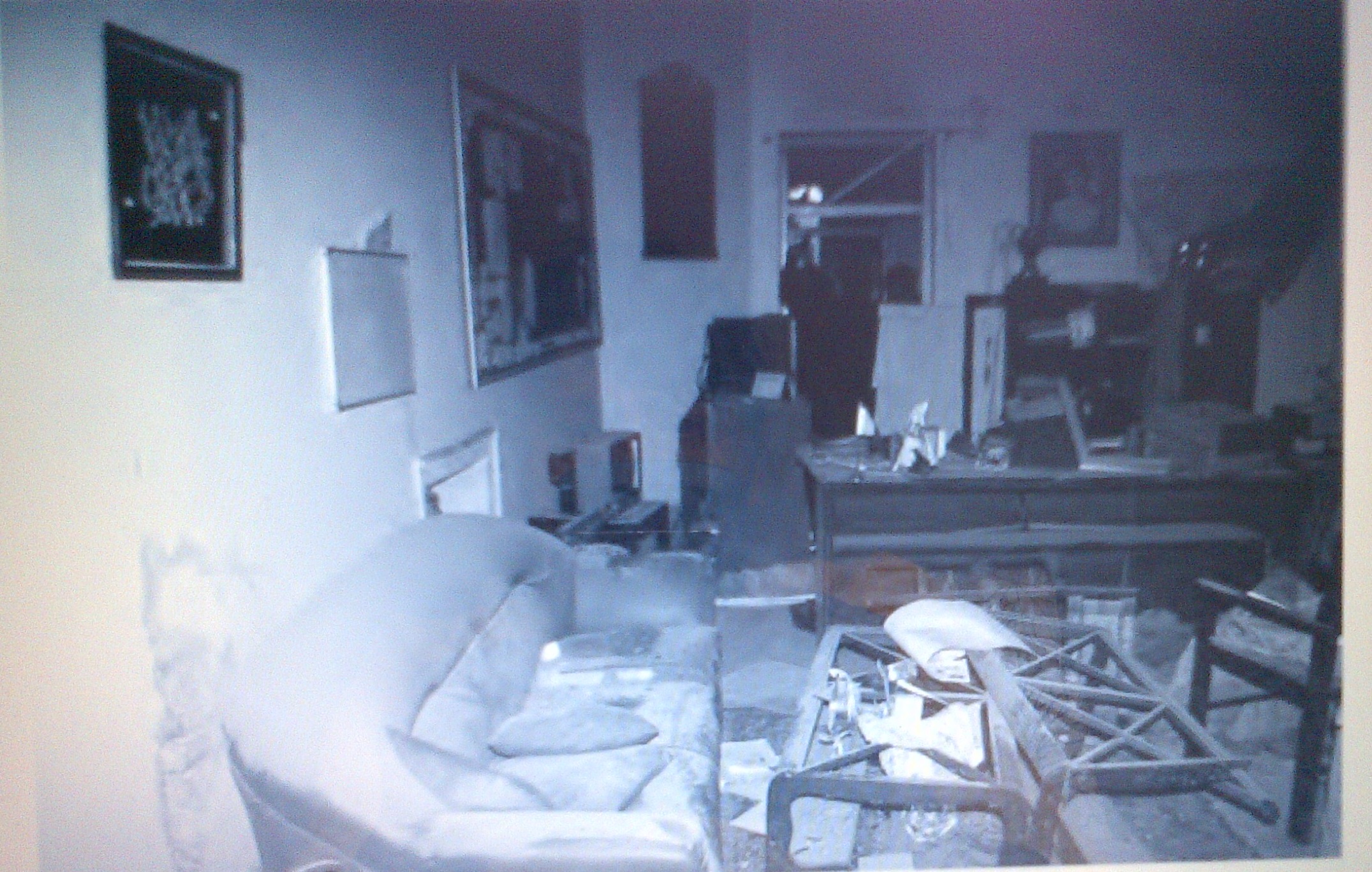


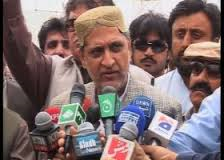
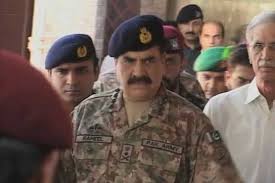
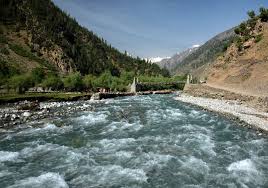



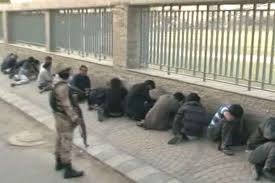

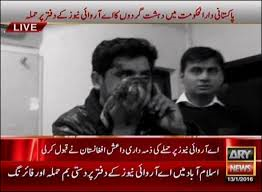
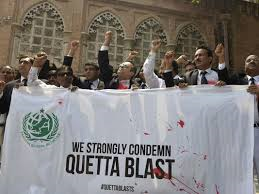
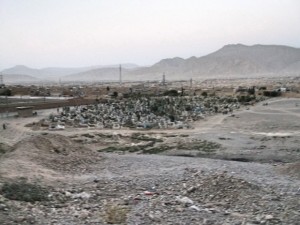 ISLAMABAD, Aug 22: The Pakistan Bar Council (PBC) has announced boycott from all courts of Pakistan against Quetta hospital suicide blast in which more than 70 lawyers including journalists were killed, 24 News HD reported on Monday.
ISLAMABAD, Aug 22: The Pakistan Bar Council (PBC) has announced boycott from all courts of Pakistan against Quetta hospital suicide blast in which more than 70 lawyers including journalists were killed, 24 News HD reported on Monday.